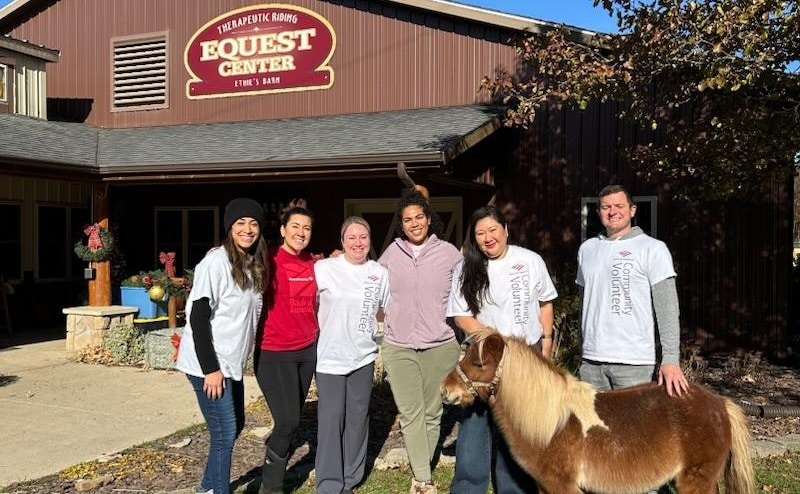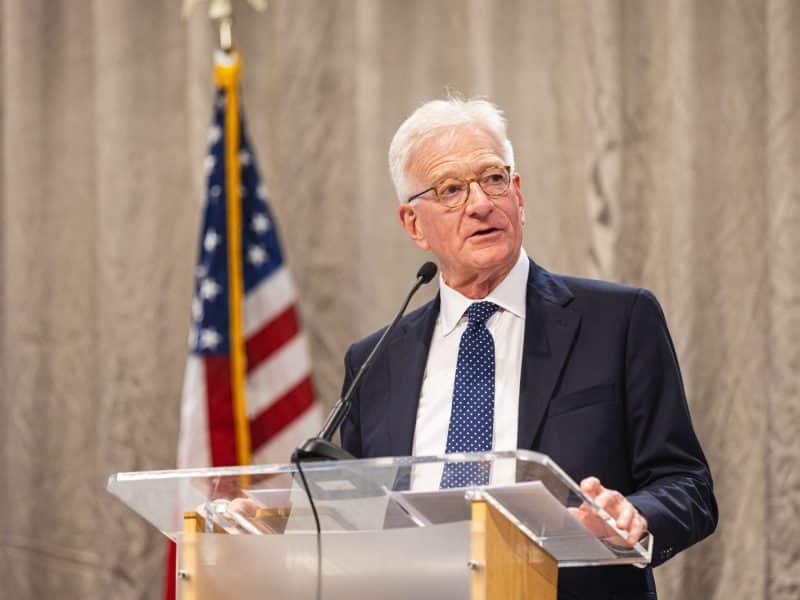RapidChat: Zachary Pisciotta of Green Wagon Farm talks pizza, vegetables, and farm-to-table dining
"I guess for romantic purposes you could say it was always within me," mentions Zachary Pisciotta, Former Executive Chef of Reserve Wine & Food, when asked about how he became a chef. Now serving as Harvest Manager and resident farm-dinner coordinator at Green Wagon Farm, Zach is experiencing the "Farm-to-Table" phenomenon from both ends of the spectrum.

"I guess for romantic purposes you could say it was always within me," mentions Zachary Pisciotta, Former Executive Chef of Reserve Wine & Food, when asked about how he became a chef. Now serving as Harvest Manager and resident farm-dinner coordinator at Green Wagon Farm, Zach is experiencing the "Farm-to-Table" phenomenon from both ends of the spectrum
Rapid Growth: Was it a conscious decision to become a chef or did you find yourself falling into it?
Zachary Pisciotta: Oh, probably a little bit of both. I guess for romantic purposes you could say it was always within me, I just needed a few life-changing bites to enlighten me. I’ve always had an affinity for manual labor and creating things with my hands. I was originally going to pursue a career in graphic design right out of high school, but I just couldn’t sit still at a desk. I was working as a dishwasher at the time, and kind of just fell under the hypnosis of the organized chaos of restaurants. I never would have imagined becoming a chef in that moment — and if you knew me then you’d probably agree — but food can do strange things people.
RG: What makes for a successful chef?
ZP: Be humble, be sensitive, and always respect any and all ingredients. This is a tough question because the culinary world is full of so much diversity when it comes to style vs. success as a chef. Something that looks beautiful might not taste so great, something that tastes amazing might not look the most attractive. I think the biggest point to consider is that as a chef your voice is heard through your food; so it should show respect for the ingredient, the hands that grew it, the land that raised it, and should convey what it really means to you on a personal level. Chefs that want to tell a story, or pay respect to their heritage, I think those are the chefs to look out for.
RG: If you could have dinner with any chef, dead or alive, who would it be?
ZP: This is the worst, so difficult. I might have to meet you halfway on this one and say I get dinner with one on Saturday evening, and dinner with the other on Sunday evening. Saturday belongs to Alain Passard because his spirit is made of vegetables and so is mine, and Sunday belongs to Paul Bertolli because it will be filled with pasta, salumi, vegetables, so much wine, and stories that hopefully never end.

RG: What is your favorite ingredient to cook with?
ZP: This is also very difficult. I can’t pick one, so I’ll say anything that comes from the ground, a vine, a bush, or a tree. Basically any and all vegetables. I think falling in love with vegetables is responsible for my obsessive passion into the culinary world. They are just so dang inspiring and versatile. That’s notched up tenfold when you cook within the seasons, especially in Michigan. Some things have such short windows, which makes them all the more special when you get to meet them again each year.
RG: What is your favorite food and alcohol pairing?
ZP: I’ll be realistic on this one, pizza and Barolo. I’ve had a few of the best nights drinking wine and eating pizza with good friends. Barolo is my favorite wine hands down, and I don’t trust anyone that says no to pizza.
RG: What does it really mean when a restaurant is “farm-to-table”?
ZP: Supporting local farmers by sourcing produce from them is always synonymous with “farm-to-table.” To me, I think it needs to be a little more than that. It should be about running a sustainable business as a whole. Support your local growers, your local artists, make a positive and sustainable impact on your entire community, and most of all, reduce your footprint on the environment.
RG: What role do local farms play in the Grand Rapids restaurant industry?
ZP: Local growers are the front line for building a strong sustainable agricultural community within the city. They are the ones making it happen season after season, year after year. With the growth of the Grand Rapids restaurant scene over the past five years, and the direction it seems to be going in, local growers are definitely becoming more prevalent.
I think most restaurants want to connect with local farms to help build that agricultural community, but growing in Michigan can be such a difficult thing when you have to endure all four seasons. It’s a tough realm to live in; on one hand you have these great local growers producing amazing things, and on the other hand you have a chef that wants to support them but also be supplied on a consistent basis. As a farmer, being a consistent supplier might not always happen (i.e., unexpected crop failures due to weather or disease), and so there has to be this understanding and commitment on both sides in order for the agricultural community to thrive. I think we are starting to see a bit of that understanding more frequently, but it’s especially difficult throughout the colder months.
RG: What do you think is behind the current and future successes in Grand Rapids restaurants?
ZP: Grass roots. People really want to tap into cultural heritages. With that comes shades of comfort food, but most importantly it’s almost always about living off the land. It’s about celebrating seasons, it’s about celebrating traditions, and it’s about celebrating the ingredients. I think people have been really digging those sorts of things lately, and it’s creating this upsurge of restaurants that are supporting a lot of other local artisans and growers.
Jenna K. Morton is the RapidChat correspondent for Rapid Growth Media.









